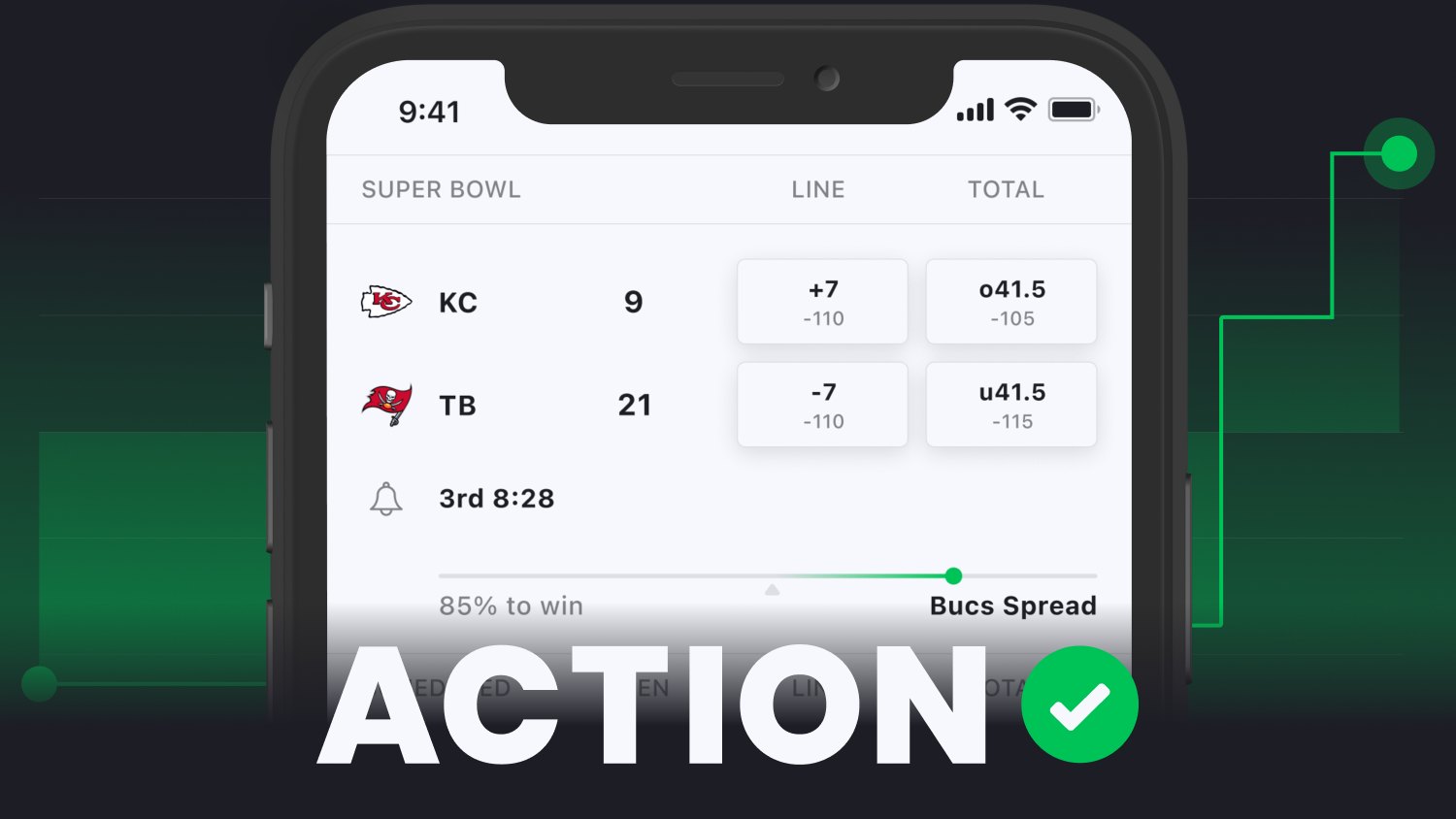New York Sports Betting Faces Uncertain Future Under Bid Model, Lawmakers Say
Nathaniel S. Butler / Getty Images. Pictured: RJ Barrett and Julius Randle
SARATOGA SPRINGS, N.Y. – Lawmakers are increasingly confident New York's first mobile sportsbooks will launch early next year but acknowledge much of the market’s future beyond its pending launch remains uncertain.
Though regulators are on pace to approve sportsbooks before Super Bowl LVI next February, the market’s structure – and much of the rest of its future trajectory – remain virtually impossible to predict. Officials are projecting more than $1 billion in gross gaming revenue and $500 million in tax revenues annually, but reaching those lofty goals will not come without substantial work.
And, potentially, major structural changes.
Speaking at a gaming industry conference Tuesday, several members of the New York legislature said their state could not reach their revenue goals, which would make the Empire State the nation’s most-lucrative regulated wagering market in the country, without significant player acquisition and retention efforts.
Lawmakers said this is further complicated by the state’s 2021 sports betting law that will require steep tax rates and limit sportsbook operator participation.
The current government-run sportsbook bidding plan contrasts a competitive model championed by state Sen. Joseph Addabbo and Assembly Member J. Gary Pretlow.
Unfortunately, the two multi-operator model champions reaffirmed at Tuesday’s Racing and Gaming Conference Saratoga, sportsbooks are still subject to the limited-bid model.
The difference between lawmakers’ proposal and the limited-bid model, Pretlow said Tuesday, was “the difference between Heaven and Hell.”
Timeline
Long-term unknowns aside, lawmakers are increasingly confident an early 2022 launch is inevitable.
The New York State Gaming Commission, which will select the winning bids, signed off on sports betting regulations Monday and are preparing to hear oral arguments from prospective licensees beginning next month. They are on pace to announce their choices by early December and are expected to formally confirm the winners before year’s end.
This current trajectory likely affirms a launch ahead of the Super Bowl Feb. 13, 2022. Perennially American sportsbooks’ single highest-grossing single sporting event, Addabbo said he was confident regulators and operators would take all steps necessary to go live ahead of the Big Game.
“We have to be up and running by the Super Bowl,” Addabbo said. “That’s the big date. That’s the moneymaker.”
Cuomo Resignation
Three-term Gov. Andrew Cuomo’s resignation announcement earlier this month upended New York politics. It will have little impact on the sports betting model the governor spearheaded, lawmakers said.
With bids already announced and regulators already considering proposals, it is too late to shift gears and change New York sports betting, both Addabbo and Pretlow said during a panel discussion during Tuesday’s conference. Pretlow said Cuomo’s pending resignation could, if anything, speed up the process.
Cuomo and budget director Robert Mejia pushed the government bid model over lawmakers’ objections, arguing it would generate the most possible tax revenue for the state. Current Lt. Gov. Kathy Hocul’s administration will have no direct political investment in Cuomo’s model and seems unlikely to have any further involvement in the process, a development lawmakers largely welcome.
Current Structure
Unlike Addabbo and Pretlow’s proposal, which would have seen 14 or more operators enter the market and taxed at 10 percent gross gaming revenue, Cuomo’s plan could see as few as four operators taxed at 50 percent or more of their revenues.
Bally’s, BetMGM, DraftKings and FanDuel, of which the latter three are the nation’s three highest-grossing sportsbooks, combined for one of the six online sports betting bids revealed by New York officials. Notably, each of the four companies applied under a different, individual license category that could see them as the only four operators in the state.
Another high-profile bid between Caesars, Resorts World, BetRivers, Wynn and PointsBet could mean as many as nine brands could enter the New York market if this bid (and the aforementioned submission) earn regulators’ approval. That scenario still means multiple other major bidders would be excluded.
A noteworthy bid between Barstool Sportsbook and Fanatics, the sports merchandise retailer-turned aspiring sports betting operator, would be left out. So too would theScore, which Penn National acquired earlier this year, as well as European bookmaking giant bet365, which also is seeking New York market access.
In contrast, neighboring New Jersey has 19 live mobile sportsbooks, including many of the above companies. New Jersey has eclipsed Nevada as the nation’s highest-grossing sports betting market; it’s the world's third-highest-grossing market behind only the United Kingdom and Germany.
Lawmakers’ proposal wouldn’t have created as many licensing opportunities as in New Jersey, but it would given all of the companies that filed bids under the current New York system the potential to launch online sportsbooks.
“(Our bill) was perfect,” Pretlow told conference attendees with a smile Tuesday. “We just need to make the new one disappear.”
Future of New York Sports Betting
A new bill is not coming immediately, but it is not impossible, lawmakers said.
New York will have to capture bettors accustomed to offshore betting sites or in-person bookmakers, a process that will not be made any easier by the limited options under the current market structure.
The 50 percent (or higher) tax rate that will be charged each operator is also expected to dramatically curtail revenue potential, which in turn could force books to offer sub-standard, non-competitive betting lines and limit promotions.
The New York sportsbooks will also have to lure back in-state residents habituated to the ample betting options and plentiful promotions available in New Jersey; by Cuomo’s own estimate roughly 25 percent of the Garden State’s betting handle comes from New Yorkers.
Sportsbooks’ failure to capture a large number of these players likely puts the $500 million annual revenue goal out of reach. The silver lining, Addabbo said, is it would force lawmakers – and the next gubernatorial administration – to adjust.
“We’ll be ready to make changes as soon as possible, if need be,” Addabbo said Tuesday.
Getting there, even with underachieving sports betting numbers, will not come easily.
New York officials will likely have to overcome potential competing legislative visions for a revamped sports betting market on top of those who favor the current model. The existing operators, which will have combined to spend tens of millions of dollars for a de facto sports betting oligopoly, may also not respond well to a more wide-open model.
What remains now is a likely early 2022 New York online sports betting launch. New York’s massive population will almost assuredly make it one of the nation’s most lucrative markets from day one, but the full trajectory and future structures are still largely undetermined.
How would you rate this article?

